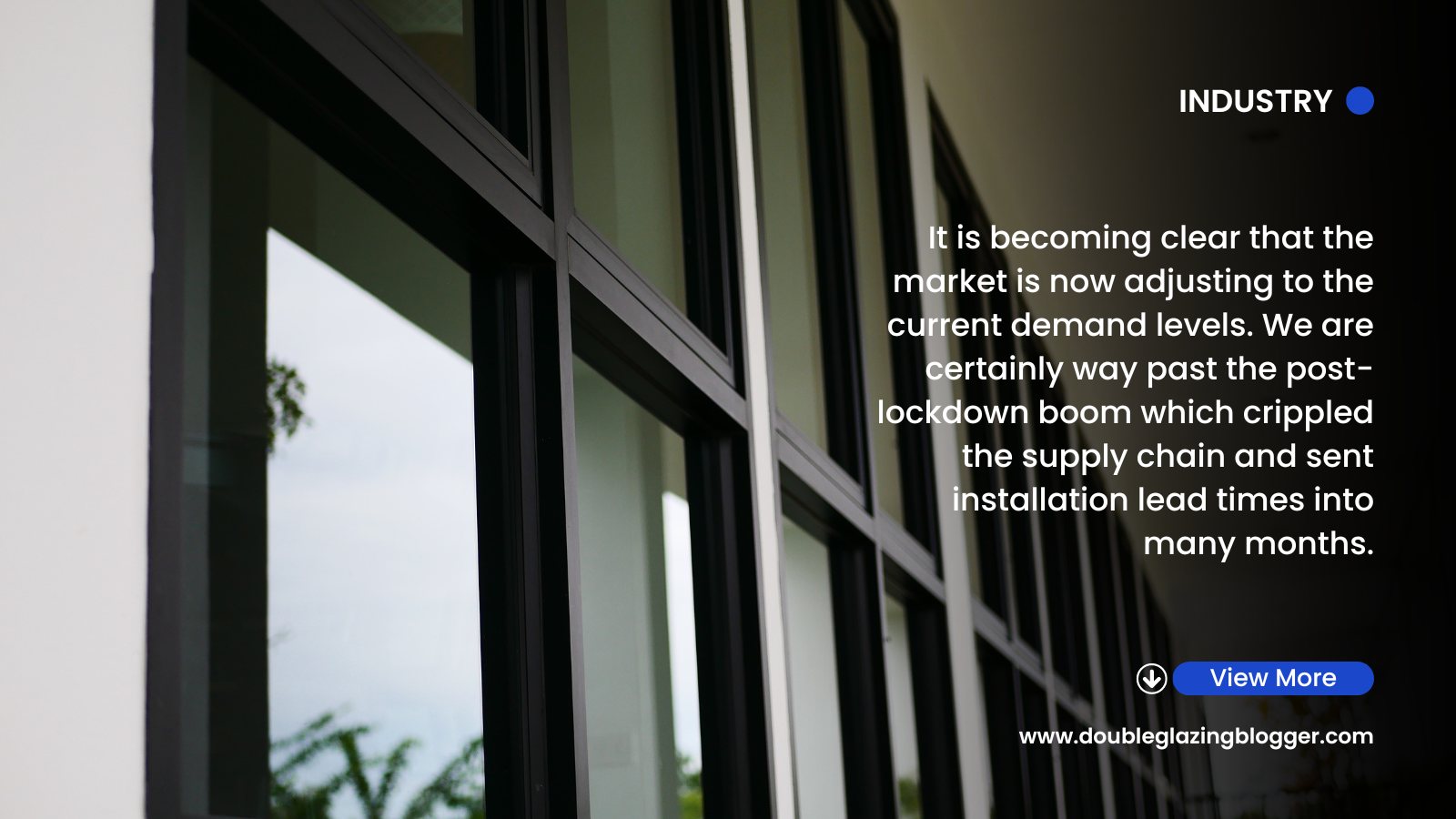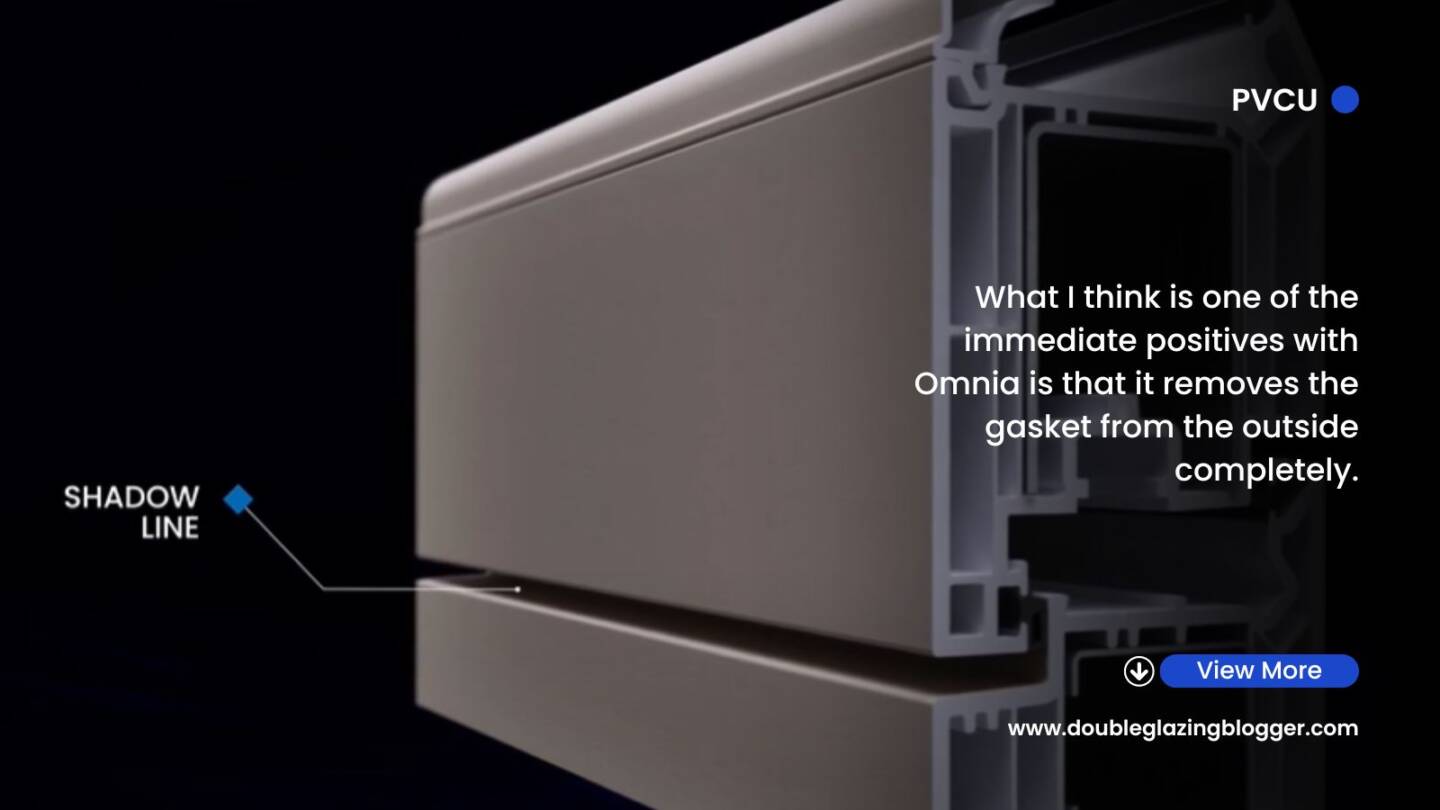We’re about to go through a hell of a hangover from the last two years. With unbridled success in 2020 and 2021, juiced thanks to Government-funded stimuli such as furlough and grants for businesses, we will not be able to escape the after-effects.
The war in Ukraine has certainly not helped global economics, putting further strains on the price of energy and other parts of supply chains. But it’s important to remember that the spectre of high inflation was already with us at the back end of 2021 and into 2022 before Russia invaded.
Efforts from Governments around the world to keep their economies from collapsing, in effect printing money to keep them going, were always going to create a high-inflation scenario, which we’re now all having to ride out.
UK fenestration is just as affected by this as any other sector, and sadly, not every business will make it. In the next 12-18 months we can expect more companies to fold or to phoenix as the new economic reality hits home.
Navigating a tough storm
We’re perhaps already starting to see some casualties. Last week it was reported that West Yorkshire Windows, a significant name in the Yorkshire fenestration area, was bought out of administration. Documents on Companies House show a blast from the past entering the new company to seemingly breathe life back into the now new business. The company has confirmed via their MD that previous suppliers have been paid and all guarantees will be honoured by the new company. An absolute rarity in this industry, so kudos on that front.
The outlook for our industry is tough. There is a predicted 7% drop in spending on home renovations next year. Energy prices are going to rise again, even with additional Government support. Inflation is high and going nowhere. A cost of living squeeze is beginning to bite hard eroding people’s ability to freely spend on anything other than essentials.
As an industry that relies on households having reasonable amounts of disposable income for big-ticket items, this is not a good mix. It makes navigating what is going to be a hell of a storm rather tough.
From the business side of the coin, loans that were taken out during the pandemic to help companies get through the worst of lockdowns are needing to be repaid. In some cases, these amounts will be significant. A hefty loan, coupled with a significant downturn and rising input costs is a toxic combination.
It is very likely that over the next 6-12 months we are going to see a number of companies across our supply chain fold. There are some predictions that with the energy crisis factored in, the entire country could lose 100,000 good businesses that would have been otherwise profitable had it not been for soaring energy costs.
The cost of glass is also forecast to rise further, adding to the multitude of other costs that are rising for fenestration businesses. This coming winter will be a tough one compared to the last two.
Proactive vs reactive
Recessions have a habit of getting rid of the deadwood as well as finding some gems among the wreckage as well. This one will be no different.
The determining factor for companies in our industry as to whether they make it through this next economic phase is being either proactive or reactive.
A large section of our industry likes to bury its head in the sand and pretend change and upheaval aren’t really happening. Some wafty bits of positive PR made up mainly of platitudes and boosterism is often how we try and drown out the sounds of reality.
I’m afraid that will continue to be a plan to fail. Companies that recognise what is coming down the road and are already proactive will find themselves in a better position.
Some companies are already making an obvious effort to step up their marketing efforts, focusing heavily on the cost of energy and how new windows and doors are a very good investment in the long-term battle against rising energy prices. The worst thing you can do in a down market is to become even less visible. That investment in more marketing grows ever more important.
Expanding your product portfolio to be able to cast your net wider as an installer is also beneficial. It’s not always that easy, and sometimes investments in showrooms and products have to be made, which can be a bit risky in times like these. But during recessions, all companies need to be able to find new customers wherever they can.
Waiting until the crisis at your company is at the front door during a recession is simply fatal. Hoping and wishing things away is not a plan. Drifting along and not adapting to the situation around you is also not a plan. We thought the last two years were hard work. If anything the next two could be even more testing than the pandemic years.
To get weekly updates from DGB sent to your inbox, enter your email address in the space below to subscribe:
By subscribing you agree to DGB sending you weekly email updates with all published content on this website, as well as any major updates to the services being run on DGB. Your data is never passed on to third parties or used by external advertising companies. Your data is protected and stored on secure servers run by Fivenines UK Ltd.






A lot of fenestration firms will have expanded in the last 2 years with homeowners feeling well off from the money they saved / couldn’t spend during the Covid period.
It’s the same for all construction firms, including my own in garage conversions and we all thought the good times were here to stay. Full order books, work booked in for 12 months.
I’m already seeing a sharp decline in orders, enquires, and people who were booked in, now cencelling future jobs.
It’s going to be a tough winter and 2023.
UP AND DOWN TURNS What is happening now in the market is nothing new! Those of us that remember the formation of the UPVC market back in the 80’s will remember the peaks and troughs. The big well established companies were formed from three sectors, manufacturing, sales and installation.The latter two were often staffed by the self employed and free to move where the business and money was flowing. When times were good this created an exodus of self employed who chose to set up their own businesses, the Replacement Window Industry was a very cash rich environment with customers… Read more »